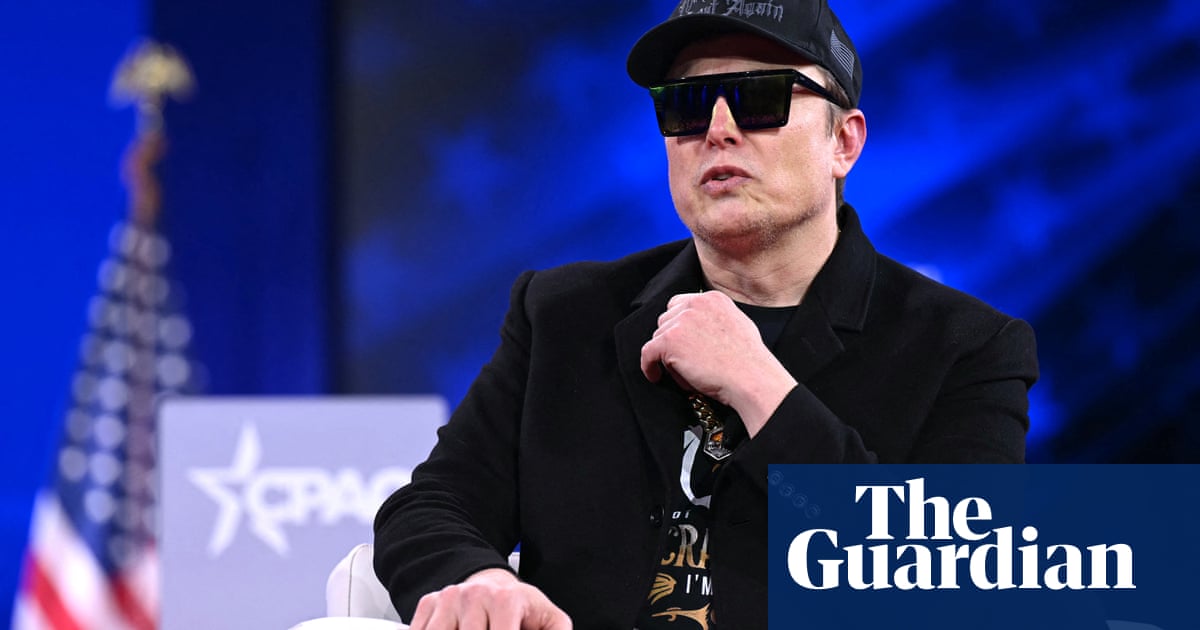Summary
A Canadian parliamentary petition to revoke Elon Musk’s citizenship has gathered over 150,000 signatures.
Launched by author Qualia Reed and sponsored by MP Charlie Angus, the petition accuses Musk of undermining Canada’s sovereignty due to his ties to Trump, who has repeatedly suggested annexing Canada.
Musk is a Canadian citizen through his mother. The petition will be presented to the House of Commons, which resumes on March 24.



It isn’t in the US, but the US is not all countries.
https://en.wikipedia.org/wiki/Afroyim_v._Rusk
EDIT: I haven’t previously read up on citizenship law for Canada, so I don’t know if this is missing relevant Canadian citizenship law, but a quick search suggests that Canadian law doesn’t permit for executive removal of citizenship either:
https://laws-lois.justice.gc.ca/eng/acts/c-29/page-3.html
None of that section nor paragraph 27 looks like it provides for involuntary removal of Canadian citizenship.
That being said, there is a question of whether this is ordinary federal law or constitutional law. I don’t know how one determines that.
In the US, Afroyim v. Rusk found that the US Constitution disallowed removal of citizenship. There is a high bar to modify the US Constitution – a majority of both legislatures in a three-quarters supermajority of state legislatures need to approve of a constitutional amendment. This is considerably higher than the bar to pass ordinary federal law, which is just a simple majority in the House, Senate, and the President, or a two-thirds supermajority in both the House and Senate.
Canada’s constitutional situation is complicated. Canada started out following the UK model, where Parliament can change any law it wants to as easily as any other – there is no “higher law” like a constitution. At the time that Canada got split off from the UK at a constitutional level, some of Canadian law was decided to be part of the constitution and some not…but it was never defined exactly what law was and what wasn’t, so I understand that courts have been working that out ever since. The constitution isn’t simply a separate document, as in the US.
Also, different parts of Canada’s constitution have different bars for amendment.
So I don’t know for sure how strong this constraint is; it might be that the Canadian legislature could remove this bar as readily as they would a typical law.
EDIT2: Someone else pointed out the Shamima Begum case below, where the British executive removed someone’s citizenship. I followed that and commented on it when it happened, and it is definitely possible for the executive to strip a citizen’s citizenship in the UK; the law explicitly provides for it.
I was fairly concerned about this at the time it was in the news, because most other legal rights depend on citizenship. If you can remove someone’s citizenship, you can remove most of their other legal rights and protections.